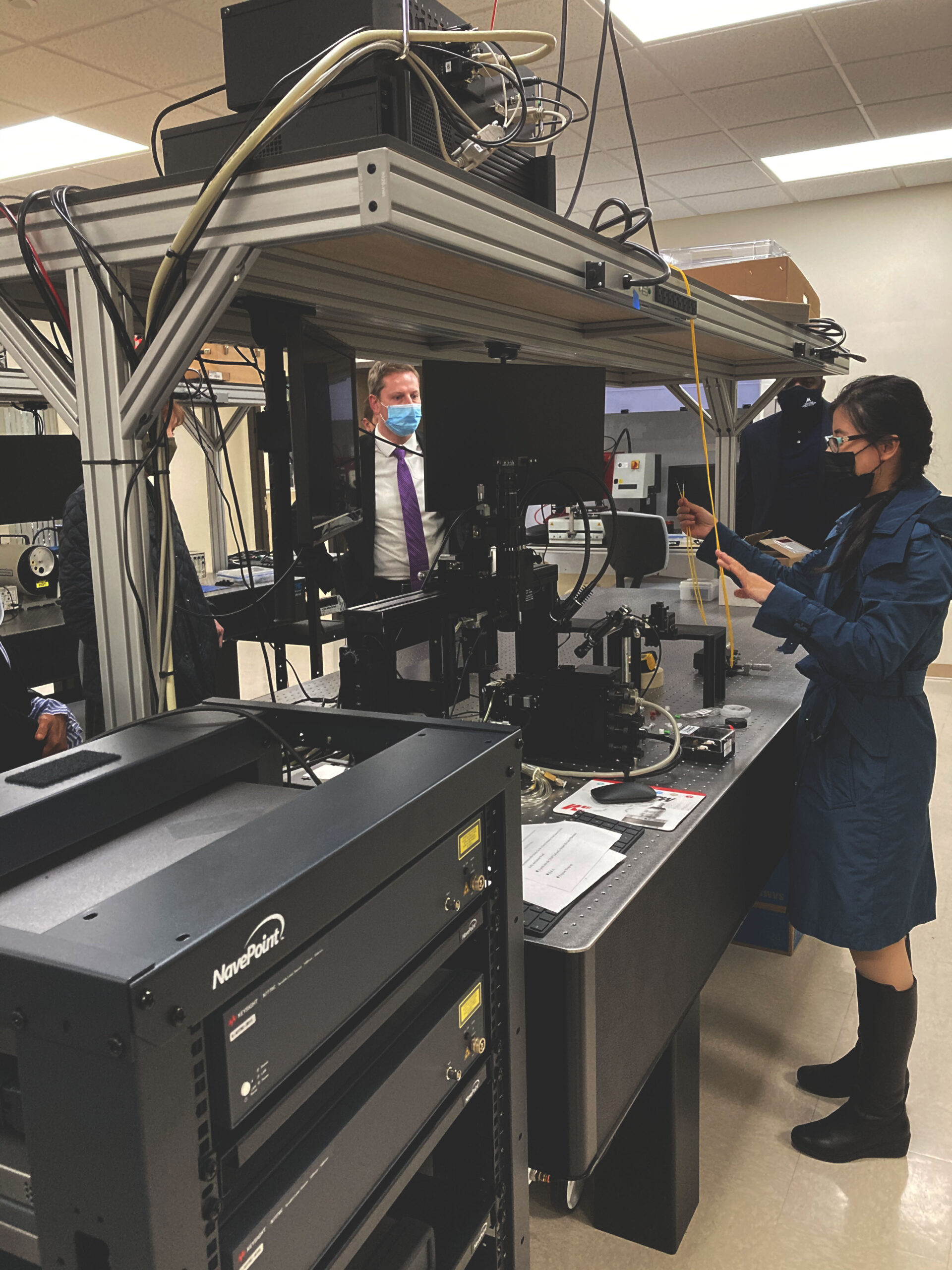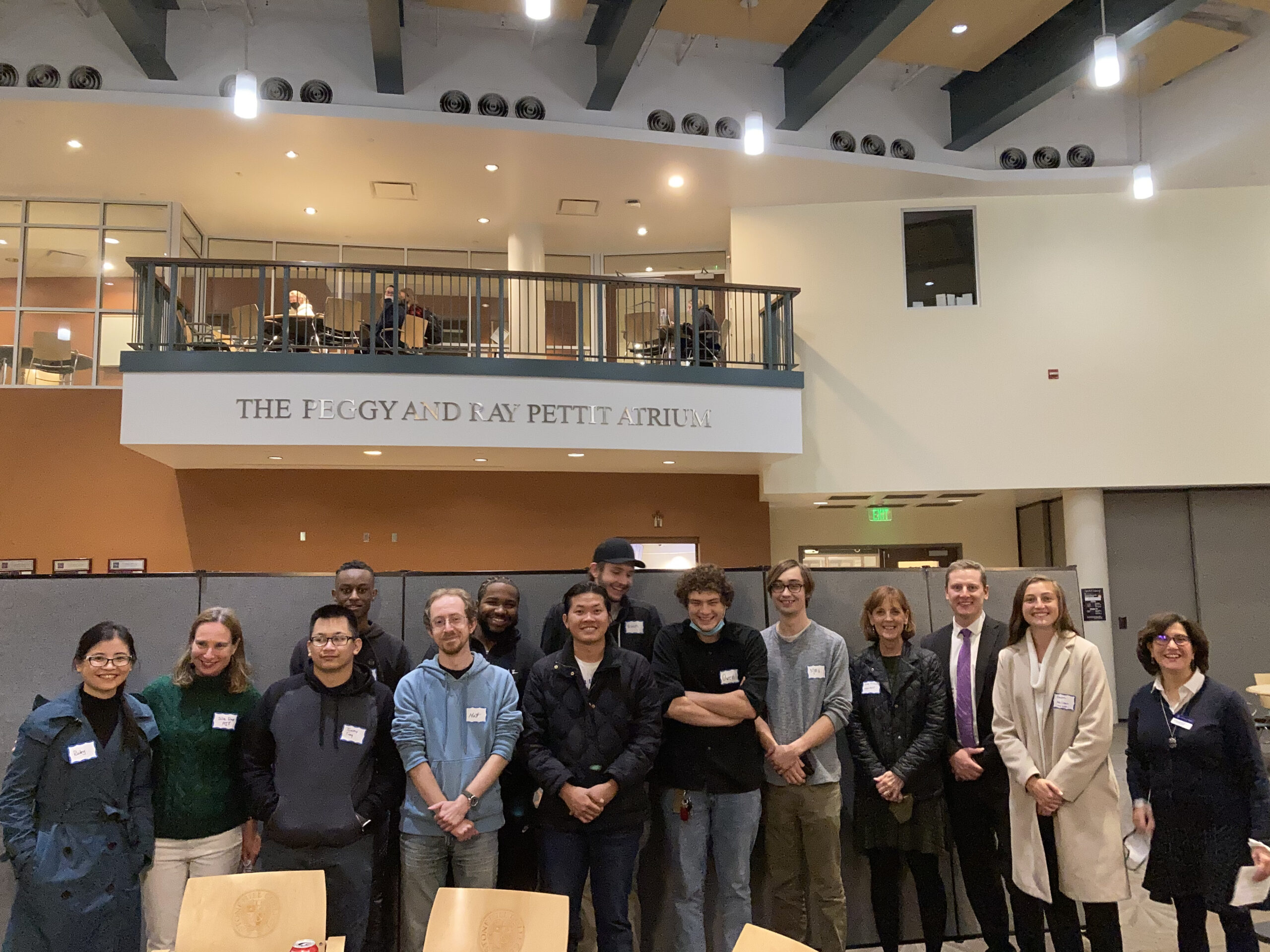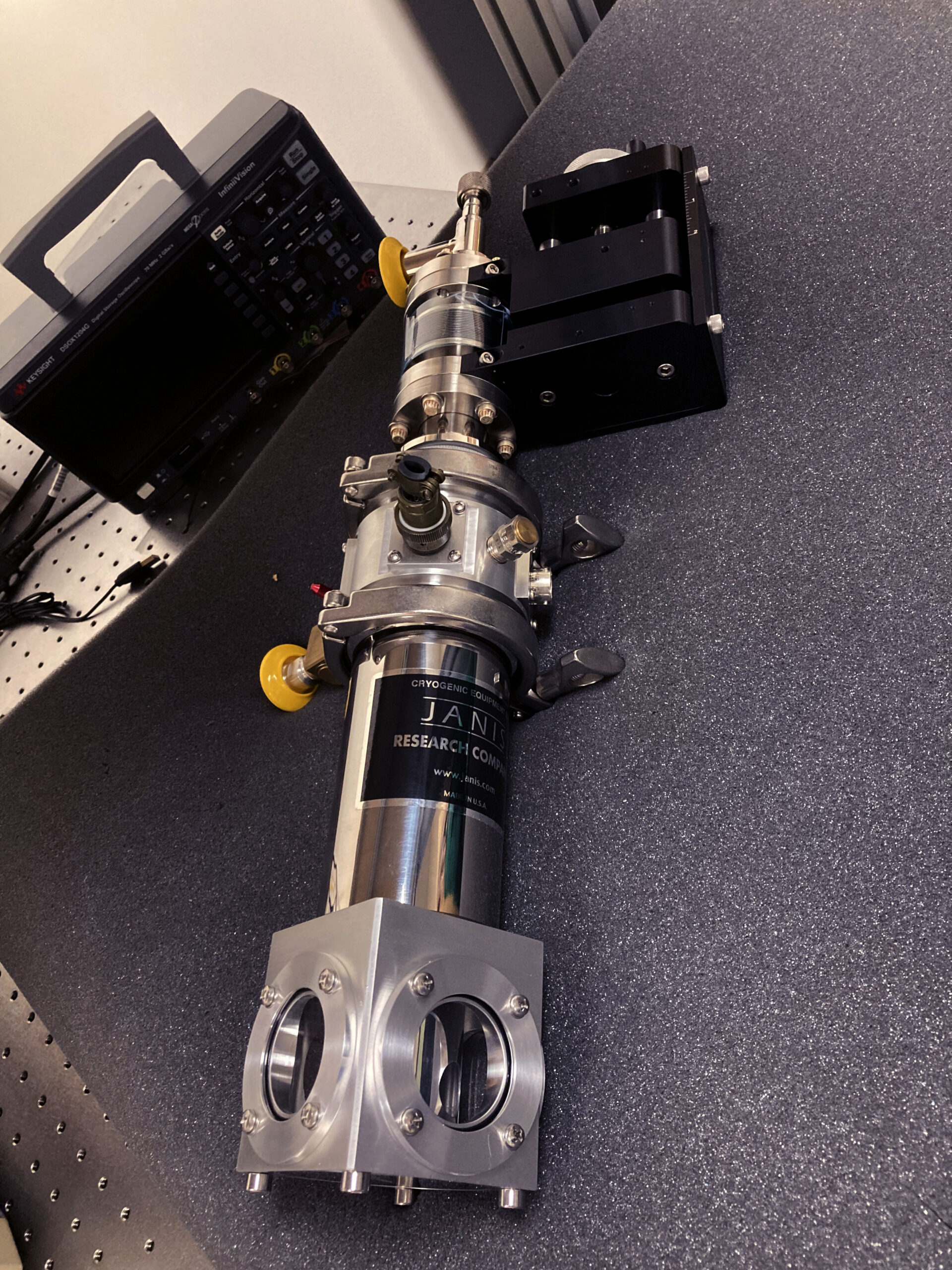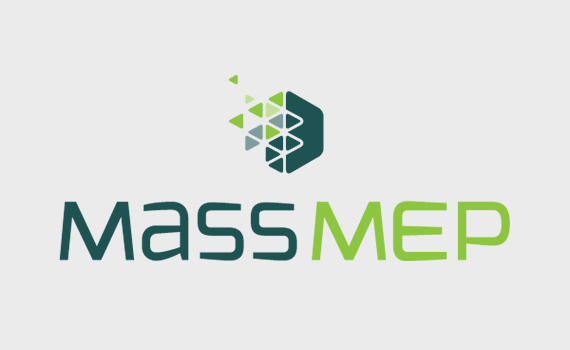It isn’t a secret that in previous years and following a long year of COVID there is a pipeline crisis where many employers are struggling to meet demand due to a lack of personnel. This lack of workers has affected many industries pushing companies to be innovative in their hiring practices and marketing strategies. This includes prioritizing work life balance, flexible work hours, and the hybrid work model allowing people to work from home some days to grab the attention of those seeking out jobs and increase retention. In specific, there has been a massive national shortage of photonics and electronics technicians and engineers. To help solve this problem, Stonehill has introduced their Lab for Education and Application Prototypes.
This lab is located right by Stonehill’s campus in Easton, Massachusetts and is open to students’ part of the Advanced Manufacturing & Integrated Photonics Program which allows students to earn a technician certificate offered in partnership with Bridgewater State and those in the undergraduate photonics program. Photonics, the science and technology of generating, controlling, and detecting photons (particles of light) is expanding making that need for technicians and engineers that much more dire. As the need grew, the idea was to move programs like this from government laboratory research cleanroom spaces and into smaller environments with a workforce of baccalaureate engineers and technician staff. Stonehill is just one of four locations of LEAP aiming to equip students with the skills and experience to be able to succeed in this industry – the others located at MIT, WPI/QCC, and Western New England University.

Introduced in the summer of 2020, this program at Stonehill offers students the chance to make time their biggest asset and earn their undergrad degree and technical certificate in integrated photonics simultaneously. Grants have provided this lab with $2.4 million in equipment focused on high-speed photonics and material characterization which will enable device performance, improve device yield, and avoid long-term device and system failures. All of this enables the fabrication of prototypes and the creation of new high-tech integrated photonics manufacturing jobs. Their first cohort just graduated in August 2021.

To continue efforts to bring in new students and get companies partnered with these labs, MassMEP has made it a priority to provide research to help solve these issues and bring awareness to these programs. Truly, this is an area where the products being built could solve the problems we face today that are affecting everyone. After visiting the lab with MassMEP’s Judy Silvia and Sean Killam, Sean shared that “the true story to be told is that at any age, any stage of your life, from any background, you are able to jump into this training opportunity which is subsidized. That is the intent, to continue to provide a cost that is affordable and accessible to everyone in Massachusetts. This could literally transform the trajectory of your career depending on if this is your second career, your first time working in the real world, or someone who is ‘back from the future’ because they know what this can mean for them.
These companies involved are forward thinking, futuristic companies that are dying to hire these students. The hard work put in here will give them the chance to be first to these jobs and have opportunity for growth giving them the chance to take part in the solutions for the problems we face today.” For one student in particular, this legitimately changed the lives of not one but three people. Being homeless with two infants right in the middle of COVID, this lab at Stonehill gave the opportunity for this parent to not only relocate to an apartment with help from the school, but to get educated and earn interviews upon graduation ensuring a good foundation for both children. By investing in their own future, they created one full of opportunity for the two children. If that isn’t captivating, I’m not sure what is.
“As a parent who has a child who is not interested in college, knowing that my child is, wow, going to get a job is nice to know,” was Judy’s take away after hearing that almost 100% of students secured high-tech jobs, even before graduating. Understanding that this opportunity isn’t just for those in a four-year college but for anyone with an interest in advanced manufacturing is a key factor to increasing exposure. Exposing this to more includes Vocational Schools, where students may not even know of programs like these that are available to them. The goal is to increase awareness and expose more people to the opportunities LEAP can bring to their life and society as a whole. You could be next to LEAP into creating a future of endless possibilities and growth. So, let’s grow together.





